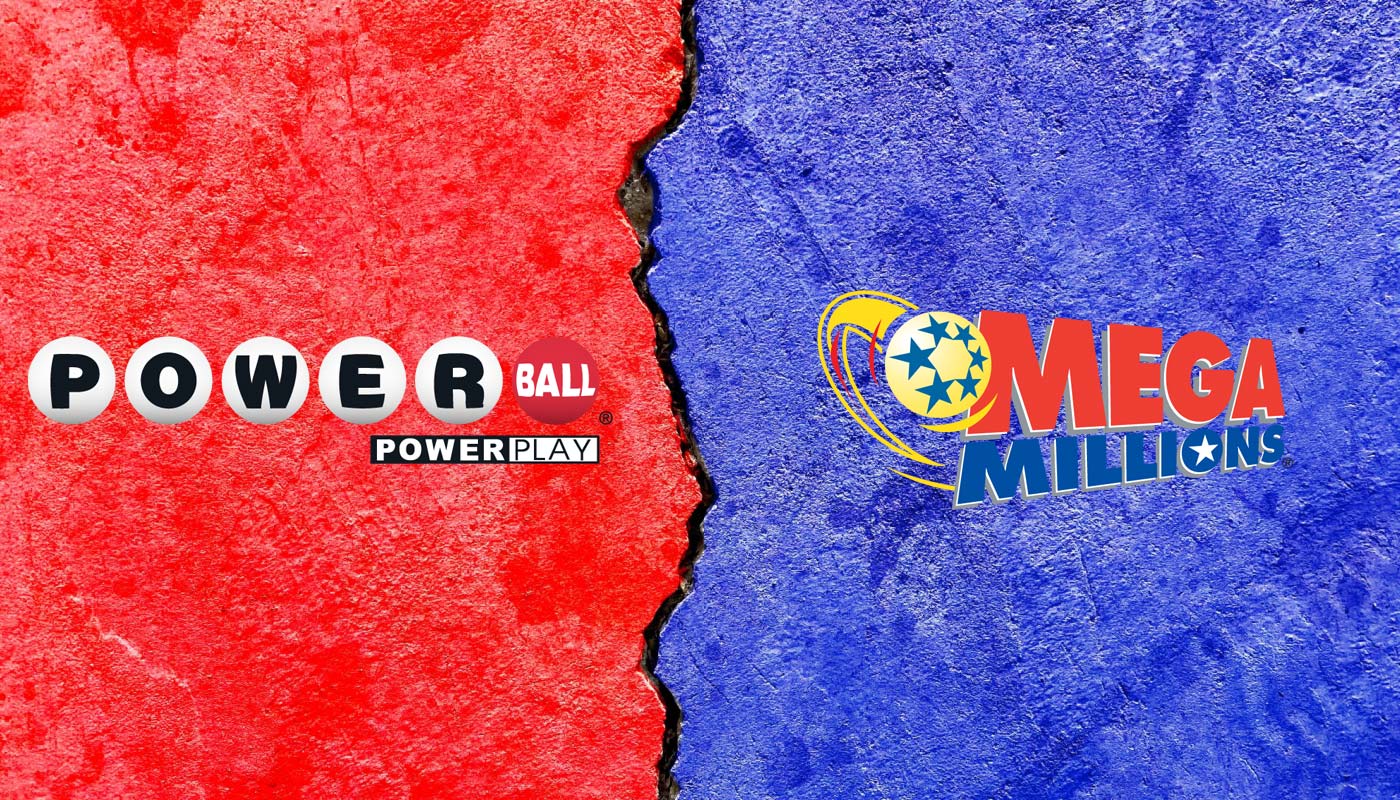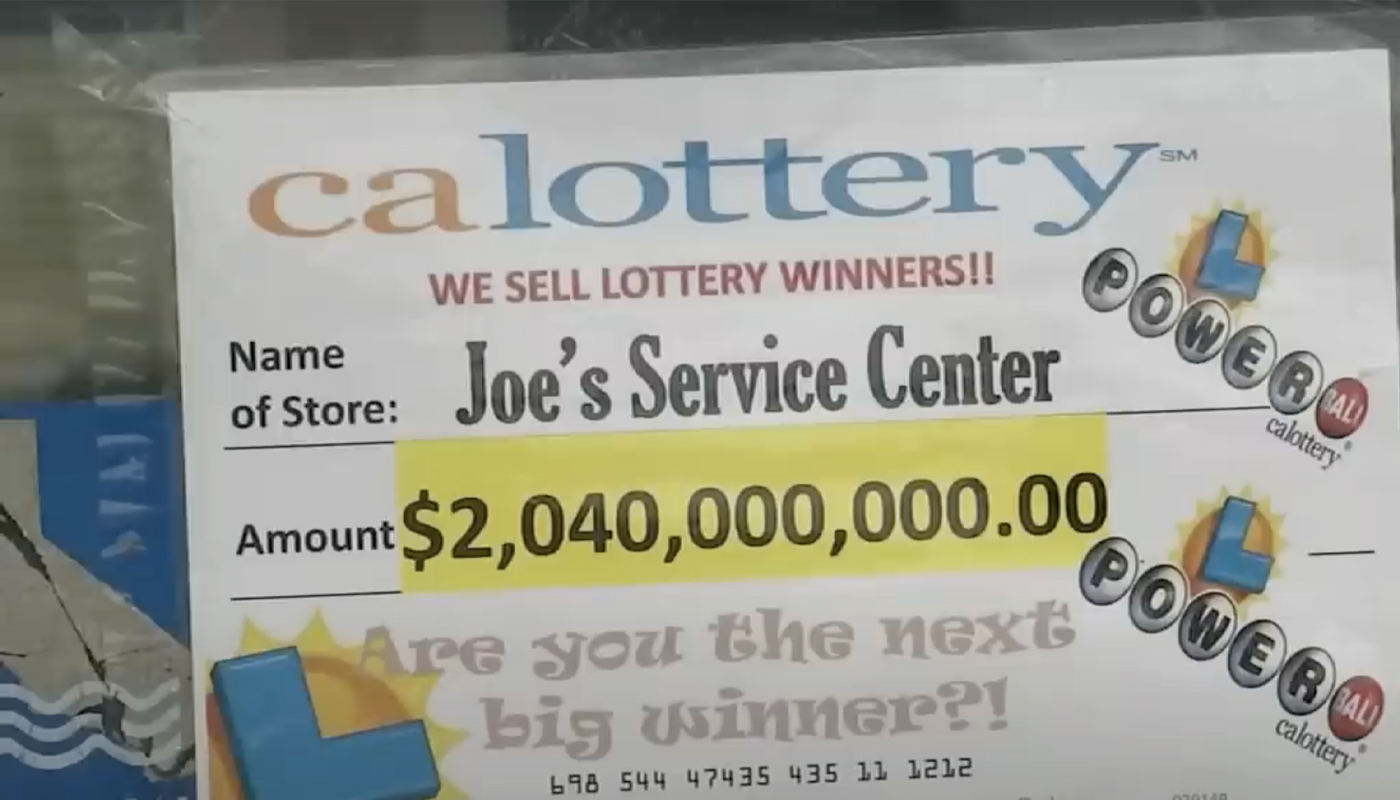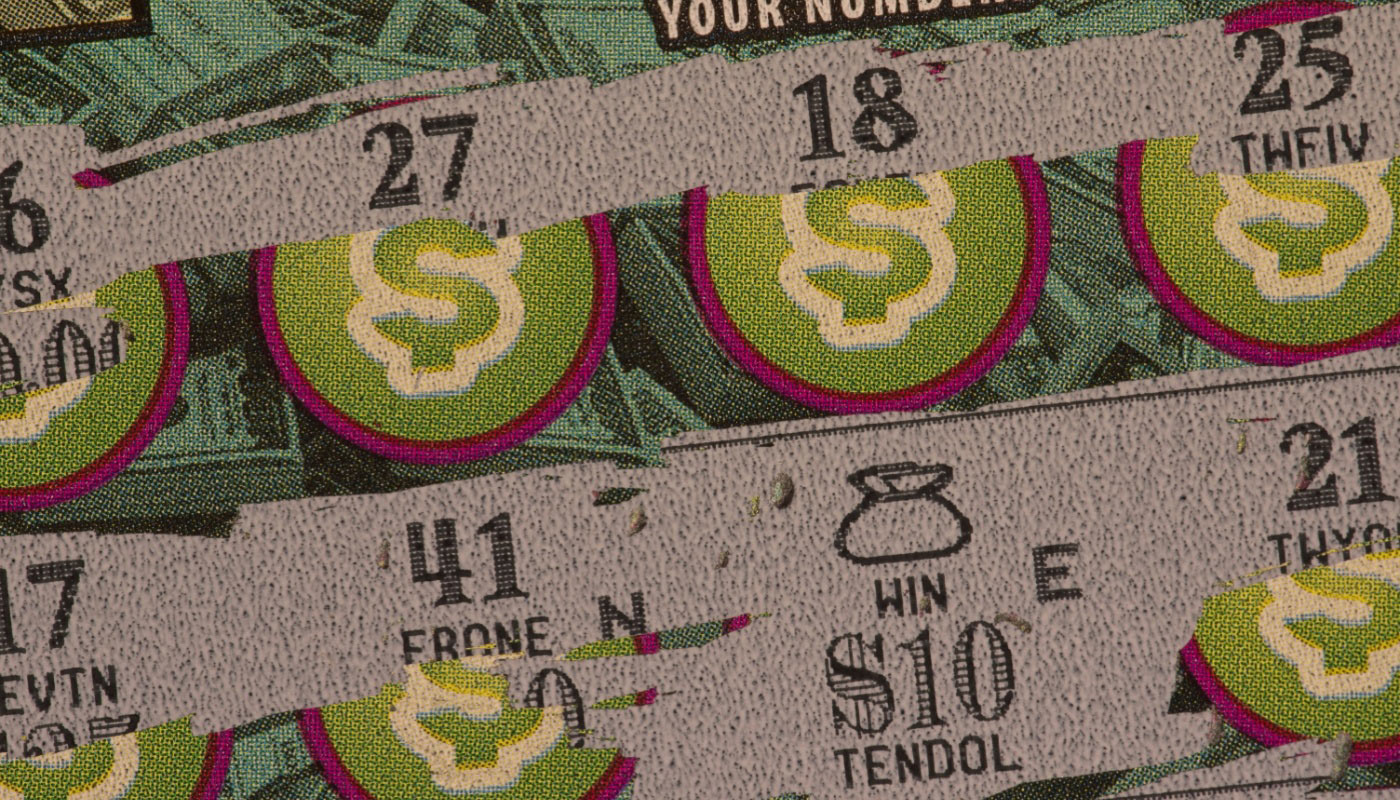
News writer
When you think of massive lottery jackpots — the kind that fuels office pools, family text threads, and wild daydreams about private islands and yachts — two names tower above all others: Powerball and Mega Millions.
Both games have created billionaires (and almost-billionaires). Both have evolved through the years with bigger prizes and longer odds. While we compared the two multi-state draw games before, we thought with the recent changes to Mega Millions to help build even bigger jackpots, it would be the perfect time for Round 2! So, which one truly rules the big jackpot jungle?
To answer that, we have to dig into their histories, their records, and how the games look today. Because if you're buying a ticket for one of these multi-state jackpot games, you deserve to know which one really gives you the best shot at living out your wildest dreams.
A quick history of the heavyweights
Powerball launched first, back on April 22, 1992, replacing an earlier multi-state lottery game called Lotto America. Right from the start, it was designed to create bigger jackpots than individual state lotteries could manage on their own. Over time, it expanded nationally, eventually being sold in 45 states, plus Washington, D.C., Puerto Rico, and the U.S. Virgin Islands.
Mega Millions came a little later, starting on September 6, 1996, under the original name “The Big Game.” Like Powerball, it was born out of the idea that multiple states pooling their sales could create bigger, more tempting jackpots. It rebranded to “Mega Millions” in 2002 and kept growing, expanding to nearly all the same states that offer Powerball today.
At first glance, their histories are similar: regional games that expanded into nationwide behemoths. But as we'll see, their evolution has taken some different turns — and those turns matter.
Another important note: Powerball was also the first to introduce the concept of annuitized billion-dollar jackpots being paid out over 30 years, giving players a choice between a mountain of cash now or a steady golden river for decades. Mega Millions quickly followed, but Powerball's head start helped define the "lottery billionaire" dream that fuels so many headlines today.
How the games have changed
If you played either game 20 years ago and took a time machine to today, you'd barely recognize them. Both lotteries have changed formats multiple times — always with the same basic goal: make jackpots bigger, even if it means making winning harder.
Powerball's evolution includes:
- 1992: Launched with a 45-ball main pool and a 45-ball Powerball pool.
- 1997: Increased the main pool to 49 balls.
- 2001: Added an option to collect winnings as a lump sum.
- 2005: Introduced the “Power Play” multiplier feature, which multiplies non-winning prizes by 2X, 3X, 4X, or 5X.
- 2009-2010: Major overhaul with the main pool getting expanded to 59 balls and the Powerball pool shrunk to 39 balls, and the price of a ticket doubled to $2.
- 2015: Another overhaul — the main pool grew to 69 balls, and the Powerball pool dropped to 26 balls, making it harder to win the jackpot but easier to win smaller prizes.
Mega Millions' evolution looks like this:
- 1996: Launched as The Big Game with six states participating.
- 2002: Renamed Mega Millions, expanded to more states.
- 2005: Added the “Megaplier” feature in Texas, which was later expanded nationwide.
- 2010: Cross-sells with Powerball, meaning most states offered both games.
- 2017: Major format change: ticket price doubles from $1 to $2, main pool expands to 70 balls, Mega Ball pool shrinks to 25 balls. Again, the odds of hitting the jackpot became tougher, but prizes, when they hit, were much bigger.
- 2025: Another major format change, with ticket prices going from $2 to $5, Mega Ball pool shrinking to 24 balls, minimum jackpot starts out at $50 million, Megaplier included with each ticket purchase for non-winning prizes. The goal was to offer better odds of winning the jackpot and making those jackpots grow even faster.
Both games have consistently chased the same formula: make it harder to win so the jackpots grow faster and higher, generating more media buzz and more ticket sales.
Jackpots: The billion-dollar club
The real prizefight, of course, is who has produced the bigger jackpots? Let's look at the facts:
Powerball's top jackpots:
- $2.04 billion — Won on November 7, 2022, by a single ticket purchased in California.
- $1.77 billion — Won on October 11, 2023, by a single ticket purchased in California.
- $1.59 billion — Won on January 13, 2016, and split by three winners from California, Florida, and Tennessee.
Mega Millions' top jackpots:
- $1.6 billion — Won on August 8, 2023, by a single ticket purchased in Florida.
- $1.54 billion — Won on October 23, 2018, by a single ticket purchased in South Carolina.
- $1.35 billion — Won on January 13, 2023, by a single ticket purchased in Maine.
So, while both games have crossed the billion-dollar mark multiple times, Powerball holds the world record by a lot. Its $2.04 billion jackpot in 2022 is nearly $400 million larger than Mega Millions' biggest jackpot.
However, Mega Millions boasts more jackpots of over $1 billion overall, seven as of 2025, compared to Powerball's five.
The cultural impact of those jackpots can't be overstated either. When the Powerball crosses a billion dollars, it's not just a lottery story — it becomes a national event. News anchors who never normally mention lottery numbers start listing them off. Morning shows run feature stories about what people would do with "their share" if they won. Gas stations and convenience stores report lines out the door. It's not just a game — it's a phenomenon.
Edge: Powerball
Odds and gameplay today
As of today, Powerball tickets cost $2 per play and Mega Millions tickets cost $5 per play. Powerball does offer an extra $1 add-on for the Power Play, which can multiple non-jackpot winnings.
For the odds, the odds of winning the Powerball jackpot are 1 in 292.2 million, and the overall odds of winning any prize are 1 in 24.9. For Mega Millions, the odds of winning the jackpot are 1 in 290.47 million, and the overall odds of winning any prize are 1 in 23.
Based on that, it is technically harder to win the Powerball jackpot, but the difference is small when you're talking one in 290 million chances. Either way, your odds are roughly the same as being struck by lightning twice while being eaten by a shark.
Mega Millions also has a slight advantage in that the overall odds of winning any prize are slightly better (1 in 23 vs. 1 in 24.9). So, if you're just hoping to win something, Mega Millions might feel a tiny bit kinder.
Edge: Mega Millions
Big winners and their stories
Each game has its legendary moments and unforgettable winners, including:
- Powerball's $2.04 billion winner, Edwin Castro from California, chose the lump sum option and took home around $628 million. He has tried to keep a low profile after cashing in the largest prize in lottery history, but a battle in court kept him in the spotlight for years.
- Mega Millions' $1.6 billion jackpot was claimed by a single ticket holder in Florida, who also chose the cash option and took home around $792 million. They remained anonymous, claiming the prize under the entity Saltines Holdings, LLC.
- Mega Millions' $1.54 billion prize in 2018 — won by a single ticket in South Carolina — was the largest payout ever awarded to a single winner, with a staggering lump sum of $877 million after taxes.
While Powerball produces bigger total jackpots, Mega Millions has produced some of the largest single-ticket wins thanks to more frequent solo winners. It's part of what draws people to each game: Powerball players chase history; Mega Millions players often imagine being the one lucky ticket standing alone.
Edge: Powerball
The vibe and culture of each game
Powerball feels like the classic, kind of like the older, more established sibling. It's the game people think of when they hear "big jackpot." News organizations know to watch Powerball drawings closely when they creep over $500 million because they almost always explode in sales after that.
Mega Millions, on the other hand, feels a little younger, a little hungrier. It's made more frequent game tweaks over the years and, arguably, has been more aggressive about chasing bigger numbers faster. It's also the game that's been floated in more states when legislators talk about "revamping" or "freshening up" lottery sales.
If you're looking for the old-school thrill, Powerball has it. If you like newer rules and slightly more frequent $1+ billion jackpots, Mega Millions is right there for you.
In short, Powerball feels like an institution. Mega Millions feels like an ambitious upstart still trying to outshine its older brother.
My verdict: Who really rules?
After digging through the history, the records, and the odds, my opinion is this: Powerball is still king.
It's not just that Powerball has produced the world's biggest jackpots, though it has. It's that Powerball has the legacy, the brand, and the ability to consistently generate the kind of life-changing, mind-blowing jackpots that make headlines around the world.
Sure, Mega Millions can — and does — get very close. And with these recent rule changes, maybe they'll crack a $2 billion prize soon enough. But right now? Powerball sits on the throne. If you dream big, really big, Powerball is your jungle king.
That said, whichever game you play, remember this: You can't win if you don't play. Dream responsibly. Play smart. And when the next billion-dollar monster appears on the horizon, at least you'll know exactly which side you're rooting for.



















Comments